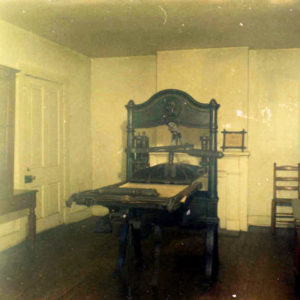 Woodruff Printing Press
Woodruff Printing Press
Race and Ethnicity: White - Starting with W
 Woodruff Printing Press
Woodruff Printing Press
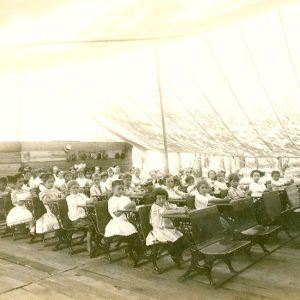 Woodruff School
Woodruff School
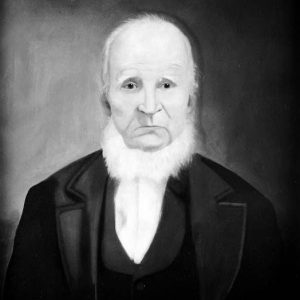 William Woodruff
William Woodruff
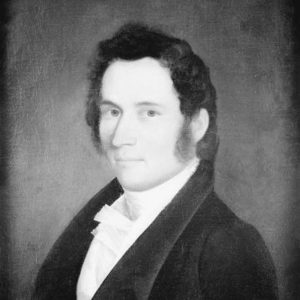 William Woodruff
William Woodruff
Woodruff, William Edward
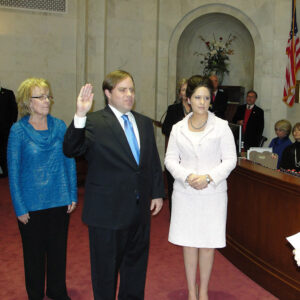 Jon Woods
Jon Woods
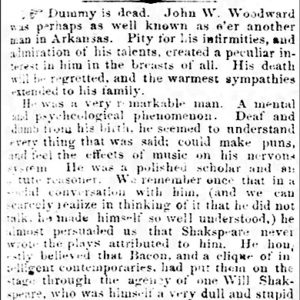 Woodward Death Story
Woodward Death Story
Woodward, Comer Vann
Woodward, John Wesley
Woodward, William (Lynching of)
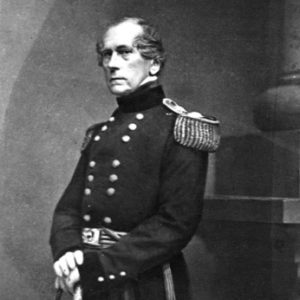 John Wool
John Wool
 Bob Wootton
Bob Wootton
Wootton, Robert (Bob)
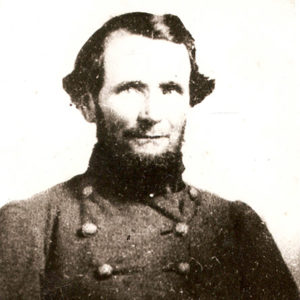 William B. Word
William B. Word
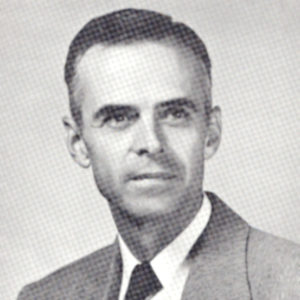 Ted Worley
Ted Worley
Worley, Ted Raymond
Worthen, Mary Fletcher
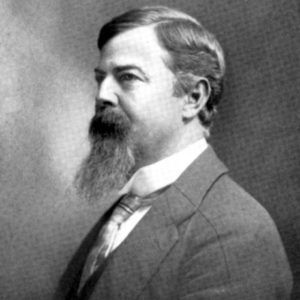 W. B. Worthen
W. B. Worthen
Worthen, William Booker (W. B.)
Wright, C. D.
aka: Carolyn Wright
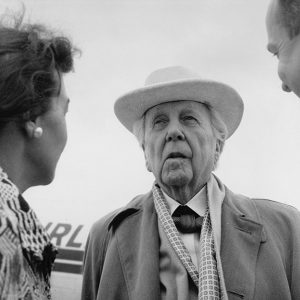 Greeting Frank Lloyd Wright
Greeting Frank Lloyd Wright
Wright, Susan Webber
aka: Susan Webber Carter
Wright’s Arkansas Cavalry (CS)
Wroten, Joyce
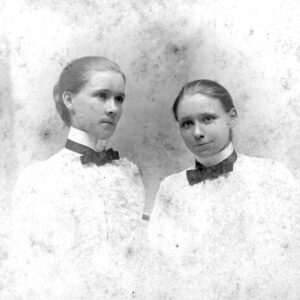 Wyatt Sisters
Wyatt Sisters




